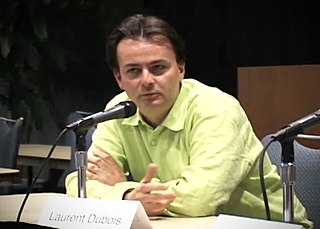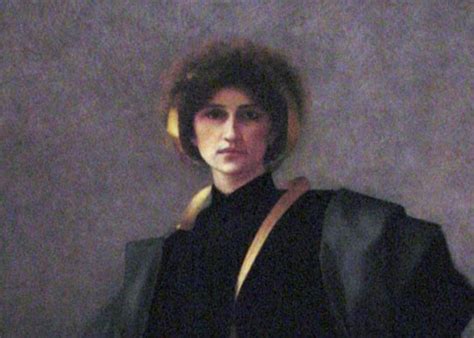A Quote by Friedrich August von Hayek
It is rarely remembered now that socialism in its beginnings was frankly authoritarian. It began quite openly as a reaction against the liberalism of the French Revolution. The French writers who laid its foundation had no doubt that their ideas could be put into practice only by a strong dictatorial government. The first of modern planners, Saint-Simon, predicted that those who did not obey his proposed planning boards would be 'treated as cattle'.
Quote Topics
Against
Authoritarian
Began
Beginnings
Boards
Cattle
Could
Did
Doubt
First
Foundation
Frankly
French
French Revolution
Government
Had
His
Ideas
Laid
Liberalism
Modern
No Doubt
Now
Obey
Only
Openly
Planners
Planning
Practice
Predicted
Proposed
Put
Quite
Rarely
Reaction
Remembered
Revolution
Saint
Simon
Socialism
Strong
Those
Treated
Would
Would Be
Writers
Related Quotes
Socialism needs to pull down wealth; liberalism seeks to raise up poverty. Socialism would destroy private interests, Liberalism would preserve [them] ... by reconciling them with public right. Socialism would kill enterprise; Liberalism would rescue enterprise from the trammels of privilege and preference. Socialism assails the preeminence of the individual; Liberalism seeks ... to build up a minimum standard for the mass. Socialism exalts the rule; Liberalism exalts the man. Socialism attacks capitalism; Liberalism attacks monopoly.
I started work on my first French history book in 1969; on 'Socialism in Provence' in 1974; and on the essays in Marxism and the French Left in 1978. Conversely, my first non-academic publication, a review in the 'TLS', did not come until the late 1980s, and it was not until 1993 that I published my first piece in the 'New York Review.'
I went to Brown to be a French professor, and I didn't know what I was doing except that I loved French. When I got to Paris and I could speak French, I know how much it helped me to establish relationships with Karl Lagerfeld, with the late Yves St. Laurent. French, it just helps you if you're in fashion. The French people started style.
The transformations of the French empire itself or of French power structures themselves as well as the emergence of a kind of language of equal rights starting with the American Revolution and the French Revolution provided an opportunity and in some ways connected with other kinds of ground level desires or hopes and ideologies for freedom that were coming out of the plantation regime itself.
Seriously. It was running out at Rolling Stone. First of all, they didn't feel the need for a dissident conservative voice in a world where certain conservative aspects had become intellectually dominant. I would actually argue against that, but on the surface of it, in the [Bill] Clinton years the market economy triumphed, certain libertarian ideas became ordinary, and certain early-20th-century ideas about centralization of government and economic planning and socialism with a small "s" had obviously gone out the window. The Cold War was over, blah blah blah.
Unlike the rationalism of the French Revolution, true liberalism has no quarrel with religion, and I can only deplore the militant and essentially illiberal antireligionism which animated so much of nineteenth-century Continental liberalism. ... What distinguishes the liberal from the conservative here is that, however profound his own spiritual beliefs, he will never regard himself as entitled to impose them on others and that for him the spiritual and the temporal are different sphere which ought not to be confused.
You are not a perfect woman.You have an evil temper, you’re as blind as a mole, you’re a deplorable poet, and frankly, your French accent could use some work.” Supporting himself on his elbows, Leo took her face in his hands. “But when I put those things together with the rest of you, it makes you into the most perfectly imperfect woman I’ve ever known.
In comparison to the French Revolution, the American Revolution has come to seem a parochial and rather dull event. This, despitethe fact that the American Revolution was successful--realizing the purposes of the revolutionaries and establishing a durable political regime--while the French Revolution was a resounding failure, devouring its own children and leading to an imperial despotism, followed by an eventual restoration of the monarchy.




































